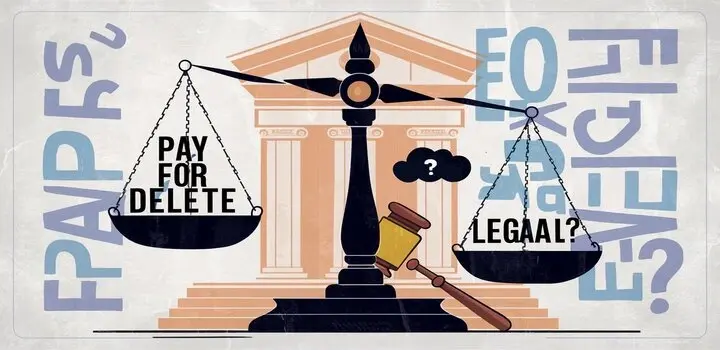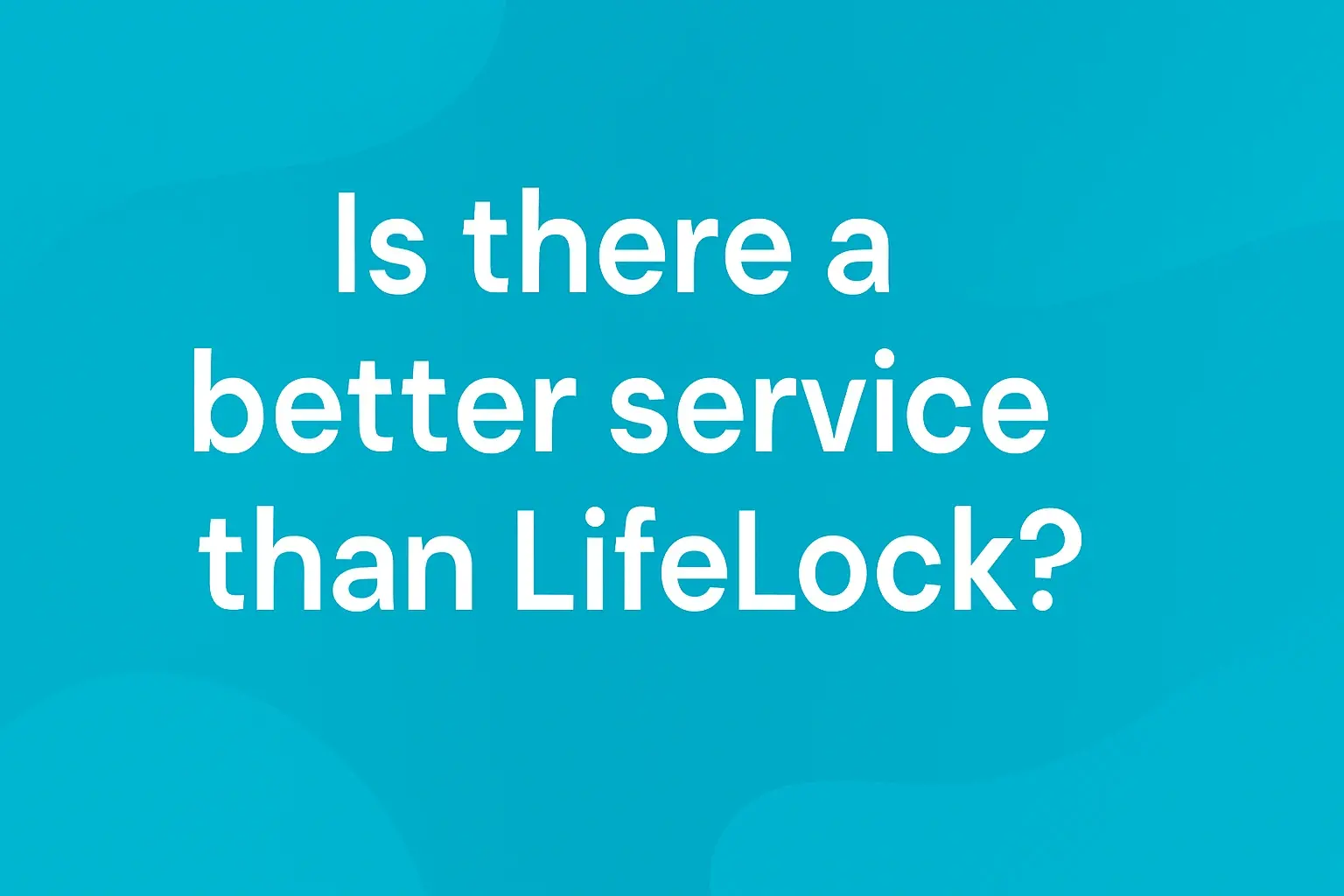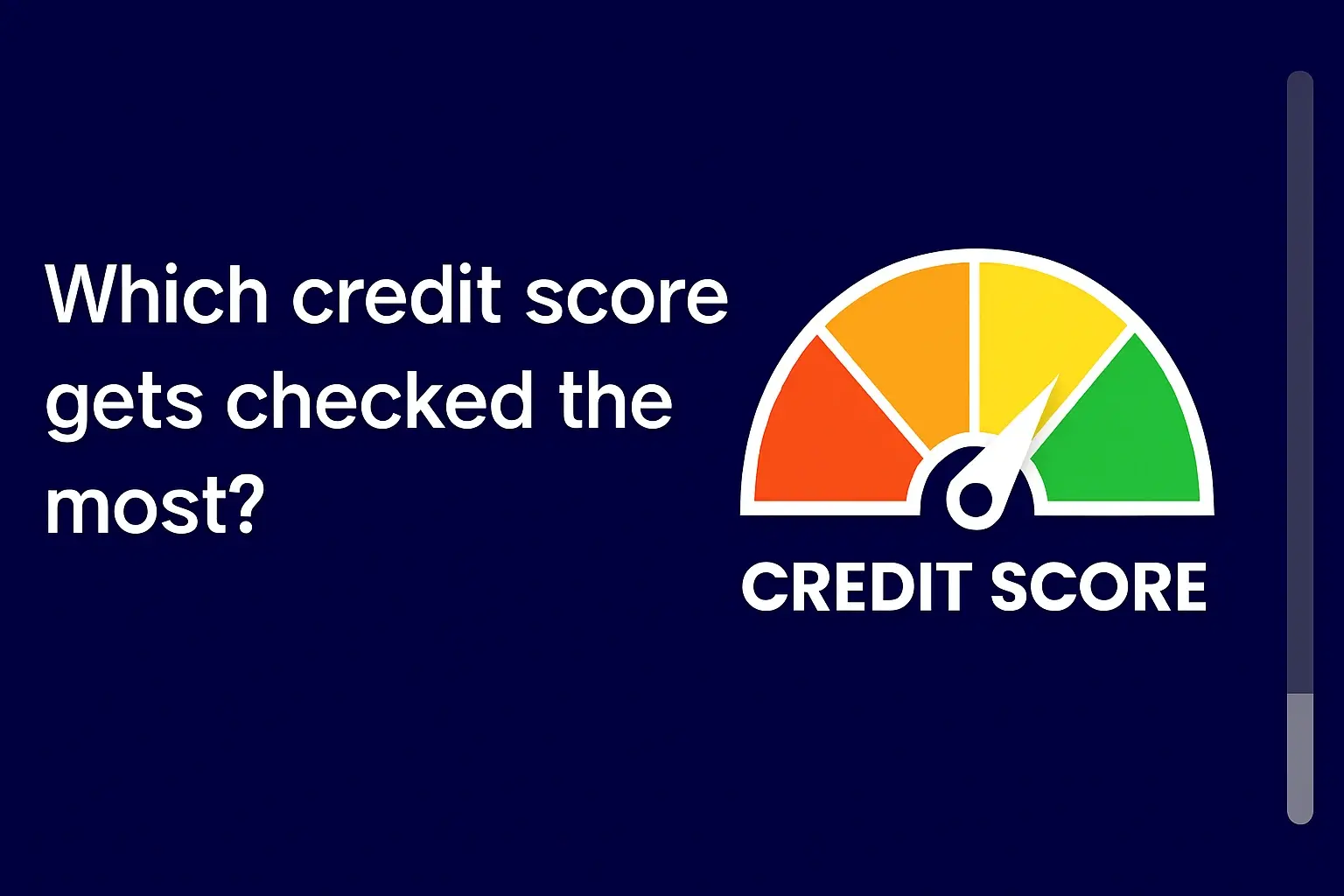-
Posted on: 24 Jul 2024

-
Delayed payments have a significant effect on people and small enterprises as they can have to pay a lot of money to cover other expenditures or feed their families. Unpaid bills and debts lower the credit score; extra fees like interest and fees are incurred; and it is challenging to pay for necessary expenses. Recovering from a history of late payments seems difficult, but it is doable if one makes sure they pay their bills on time and do some financial planning.
Late payments and their consequences for your financial health
Failure to pay credit card bills on time, failing to pay for mortgages or rent, overdue utility bills, and other forms of unpaid debts are also reflected in one’s credit history. Late payments are detrimental to your credit score and if you continue to be late on your payments, then your score will continue to plummet. This leads to a situation where people with low credit scores struggle to secure loans, credit cards, and other forms of credit at reasonable interest rates. Some landlords and utility providers may also demand high deposit fees from customers with poor payment records as witnesses. Not only are you hit with these charges, but you also have to pay additional fees for being late, accruing interest on balances, receiving calls from collectors, and in some cases, even facing the possibility of legal action against you or the termination of service.
Organization and planning are essential factors in the process.
The first step is to cast your eye over where you stand about all kinds of debts. List all of the existing debts, the date they are due, the minimum payment, the interest rate, and any other important specifications. Explore the reasons why payments might have been delayed in the past based on income and spending patterns. This way ensures that you can be very clear when presenting the facts to make a very clear plan.
As such, having a clear and realistic plan of action is crucial in trying to turn things around. All credits and necessary payments should be mentioned in detail separated by the due date and the amount of cash available for the given month after initial needs such as food, and shelter are met. You should search for situations where you have some positive cash balances in your accounts, but the related payments are not yet due or where you have some negative cash balances in your accounts and the related payments are still to be received. For instance, you may accumulate huge credit card balances that are due a week before your next paycheck arrives. Planning also includes some flexibility which people often lack, resulting in them being thrown off by some monetary issues.
One of the ways that I would use to ensure that the payment is made is by making more sales to ensure that the income earned covers the payment.
If the amount that you receive periodically cannot pay for the necessities of life and the debts, then you’ll need to increase your cash inflows. Some options to quickly increase income include: Some options to quickly increase income include:
• Working a part-time temporal low-skilled job during summer or after getting a second job • Choosing overtime hours if there are any • Searching for effective strategies for reduction of account balances • Selling off equipment, which is kept idle most of the time for fundraising activities such as recreational equipment. • Selling professional services based on your skills such as photography or writing.
Communicate with Creditors
Telling all of your lenders the truth and especially saying that you have been forced to borrow from other people goes a long way; provided you have a clear plan on how you will repay the money. Most will agree to some flexibility, to release late fees, minimize or eradicate interest fees, design a new payment plan, or find out other ways of helping clients regain - but they need to hear it from you. Some unnecessary accounts (especially retail credit cards) may have to be closed for proper simplification of finances.
Some key tips for communicating with creditors:
• Therefore, the idea is to call each creditor and explain how and when you will be able to make up for the missed payments. • Explain why it is advantageous for them to be allowed to receive payments even after the due date or go for default. • You also need to ask for waiving any initial late fees or interest charges that may have been added to your account. • Or if you want to borrow a large sum, you should consider engaging the lenders in a negotiation process regarding the interest rates to be charged provided you pay as required. • Remain optimistic but remain steadfast in the goal that is realistic to achieve.
Another important strategy that needs to be deployed to achieve cost leadership is to shift payments to align with income.
When analyzing the cash flow plan, you probably noticed that there were disparities between due dates and income deposition. Contact all of your creditors from mortgage/rent, car, student, credit cards, etc., and request to change the monthly due date to better coincide with pay dates. This coordination is crucial to preventing the emergence of the cycle of late payments.
Automate Everything Possible
As you go through this recovery period, decrease the margin for error by automating every payment within your financial capability. Many of the lenders/creditors, and even the utility companies, offer online options for paying their bills and many of these options allow you to set up recurring automatic payments from your bank account or your debit card so as not to miss any due dates. When it comes to the maintenance of various services and subscriptions, a personal monetary application should be used to consolidate and enable automatic payments. Omit the key human factor involved in tracking dates and manually performing on time. Savings also need to be automated, so set up automatic deductions from your salary to this emergency fund account. The one thing about automation is that it should work for you.
Rebuilding credit takes time and patience along with a commitment to paying off credit card balances on time every month.
The most effective and highly recommended but not glamorous way of getting out of the problems resulting from late payments is to patiently and consistently pay for the debts on time. The late notations will fade away from your credit history as time passes, and once you demonstrate the capability to consistently make on-time payments in the normal range, your credit score will gradually recover. The overwhelming majority of negative credit data falls off your report in 7 years or less, but bankruptcy information remains for 10 years. Keep paying all bills on time – also the current ones. While not in months but in years, a record can be made by doing more than just the score. Customers and consumers perceive you as paying less debt, paying regularly, and fixing credit reports as indications of your future risk and value.
Stay Vigilant With Finances
Life comes with various events, Sometimes one is faced with some hard-hitting bills, changes in income, and various other financial difficulties. Sustainability must be created into contingencies to be able to have control regardless of the circumstance. Continuously feeding your emergency savings account with money for several months. See 4 Continue recording all the cash flow details of all the incoming and the outgoing cash flows in the month-to-month basis so that there are early warning signals in case things are not going well. Be prepared with contingency measures that can be taken to cut down costs or increase revenues even further to meet financial commitments. It is the ability to remain awake, work ahead, and be ready for any eventuality so as not to fall back to square one in terms of payment.
Some of the challenges that one is likely to face when paying for a late payment or a debt may appear quite steep at the beginning. But, developing a realistic payment schedule for the existing situation, augmenting the income, where possible, negotiating directly with the creditors on the obligations, utilizing the mechanisms of automatic payments, and being alert to the management of personal finances will bring forth the order into existence. Most importantly, adhere to the amount allocated in creating the monthly financial plan we devise until we are back on our feet.
Improve your credit score now—call (888) 803-7889 for a free consultation!











